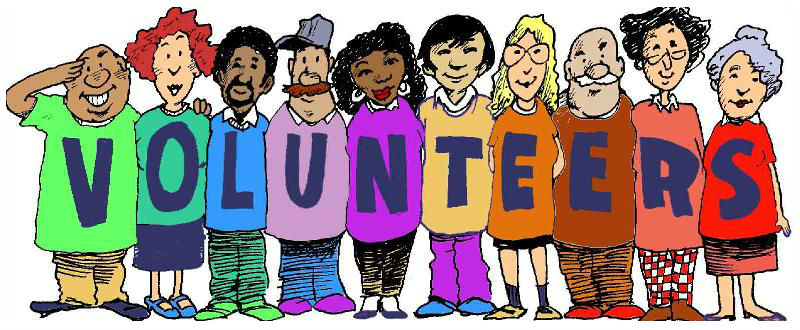Older volunteers who are active and involved are essential to a healthy community; volunteerism extends and enhances life
 The number of older adults in America is soaring, and will be for decades. By the year 2050, those 65+ will account for 21 percent of the population.
The number of older adults in America is soaring, and will be for decades. By the year 2050, those 65+ will account for 21 percent of the population.
Seniors are living longer, better lives than their counterparts in previous generations. Most older adults will spend decades in retirement. For some, retirement includes volunteerism.
Volunteerism provides valuable support for nonprofit organizations, the faith community and schools. Seniors will be happy to learn that volunteering is also good for their health. Research has established a strong correlation between volunteering and health: Those who volunteer have lower mortality rates, greater functional ability and lower rates of depression late in life than those who do not volunteer.
Seniors’ volunteer service also has societal benefits. It bridges the generation gap; older volunteers can mentor younger generations — and learn from them, too. And it changes the way people think about older adults. By putting their skills to use, seniors demonstrate that they are active, involved and essential to their communities.
How to Get Involved
Nationwide matching programs, such as the Hands-On Network, Volunteer Match and Create the Good, can help you find volunteer opportunities. There are also programs specifically geared to senior volunteers. The following programs are divisions of AmeriCorps Seniors RSVP, a program of the Corporation for National and Community Service. AmeriCorps Seniors RSVP chapters are located throughout Tennessee (see www.americorps.gov).
The Retired Senior Volunteer Program (RSVP) focuses on education; food security; independent living for seniors; veterans’ issues; environmental protection; economic opportunity; and disaster services. RSVP volunteer placements are flexible, designed for the specific needs of each community.
Foster Grandparents Program (FGP) volunteers tutor and mentor children and care for youth with disadvantages or special needs. FGP volunteers must meet certain income guidelines. They receive a small stipend for their service.
Seniors, recognize the skills and experience you bring to the table – they could include anything from event planning to data management. Most nonprofit agencies have staff dedicated to ensuring that a volunteer’s time is well spent, benefiting everyone involved. Seek out causes important to you, and let agencies know how you can serve.
Submitted by: Robin Johnson, FiftyForward Director of Volunteer Engagement. Article previously ran in Mature Lifestyles.
Robin Johnson is Director of the FiftyForward RSVP Program based in Nashville. FiftyForward supports, champions, and enhances life for those 50 and older. The FiftyForward RSVP program engages more than 300 adult volunteers age 55+ in service to the community. To learn more visit: www.fiftyforward.org.


